Climate and Water Resilient Communities through Community based WRM principles developing climate and water resilient communities
Water for people supports community-based water management as it is one of key strategies for analyzing, planning, and managing water resources in an equitable and sustainable way. Despite substantial government investments in rural water supply, access to quality water sources remains an issue in many parts of the country. In absence of meaningful community participation and ownership, sustainable water management poses a big challenge. Rising demand and poor management of water resources have resulted in increased water scarcity. Climate change has also adversely affected water resources that affects both the quantity and quality of water available.
Climate change is the defining challenge of our time. Researchers around the world have pointed out the urgent need for action through well targeted adaptation efforts to tackle its impact on a war footing. People’s access to safe water, sanitation, and hygiene solutions can be impacted by extreme occurrences including droughts, floods, and developing water scarcity since climate change is directly affecting the global water cycle.
As per IPCC WGII sixth assessment report – ‘ SPM.D.2(Pg.No.SPM-32) Climate resilient development is enabled when governments, civil society and the private sector make inclusive development choices that prioritize risk reduction, equity, and justice, and when decision-making processes, finance and actions are integrated across governance levels, sectors, and timeframes (very high confidence). Climate resilient development is facilitated by international cooperation and by governments at all levels working with communities, civil society, educational bodies, scientific and other institutions, media, investors, and businesses; and by developing partnerships with traditionally marginalized groups, including women, youth, Indigenous Peoples, local communities, and ethnic minorities (high confidence). These partnerships are most effective when supported by enabling political leadership, institutions, resources, including finance, as well as climate services, information, and decision support tools (high confidence).’
For resilience building, there is an urgent need to invest in capacity building of water managers and equipping them with the tools, information, services and governance mechanism., especially within vulnerable communities Creating partnerships with networks of resource people, educational and scientific institutions, civil society, technical support units, etc. will aid in the development of climate and water resilient communities by providing handhold support to stakeholders and the marginalized vulnerable groups at the frontlines of the induced impacts.
WFPI Pilot WRM Models
Water For People has successfully demonstrated models across project locations for climate resilient infrastructure and WRM components such as Measure, Conserve, Recharge/Replenish, Reduce, Recycle, Prevention, Water quality monitoring and Treatment. WRM principles on which WFPI Models are based for multidisciplinary approach of sustainable water use, improvement of water resources management practices and climate resilient infrastructure are mentioned below-
- Water resource planning and management should be based on conjunctive use of water – surface water and ground water together. Integrate wastewater wherever possible.
- Should look at supply augmentation (examples of water storage & recharge) and demand management (water use efficiency, rationing etc.) measures wherever appropriate and based on the water budget
- Local communities need to be involved in planning and management as required to manage a common pool resource.
- Behavior changes at an individual and community levels
- Scientific as well as traditional knowledge used for management
- Clear problem identification as per area in terms of access, water quality or scarcity issues. E.g. measures vary as per flood prone or water scarce areas
- Data/evidence-based approach for decision support and evidence building
- Vigorous capacity building of service providers and service authorities, including community institutions
Communities also provide a variety of perspectives, abilities, and knowledge to the task of boosting resilience and combating climate change. Instead of being viewed as only beneficiaries, they should be included as partners in the development of climate and water resilience. The IPCC’s latest report recognizes the value of diverse forms of knowledge such as scientific, Indigenous and local knowledge in building climate resilience.
Vigorous capacity building of service providers and service authorities, including community institutions







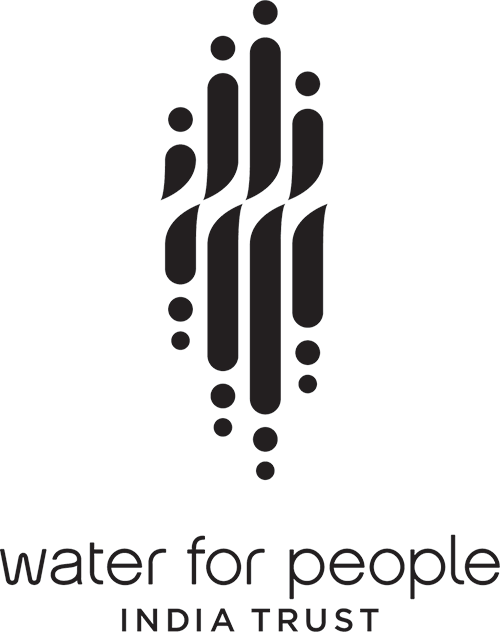









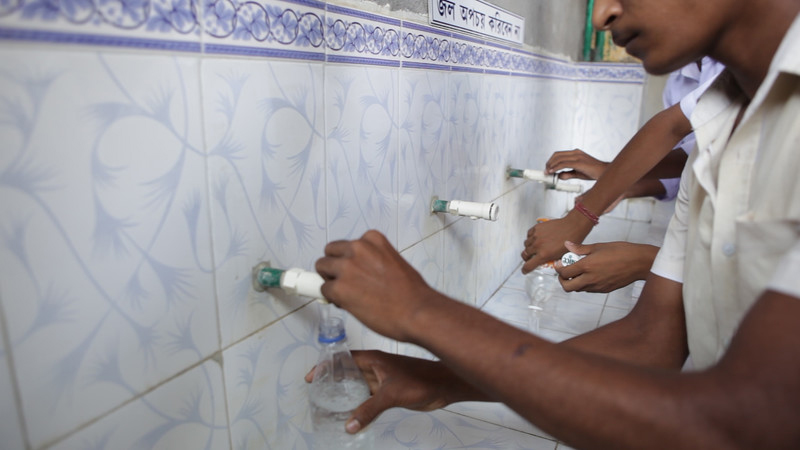

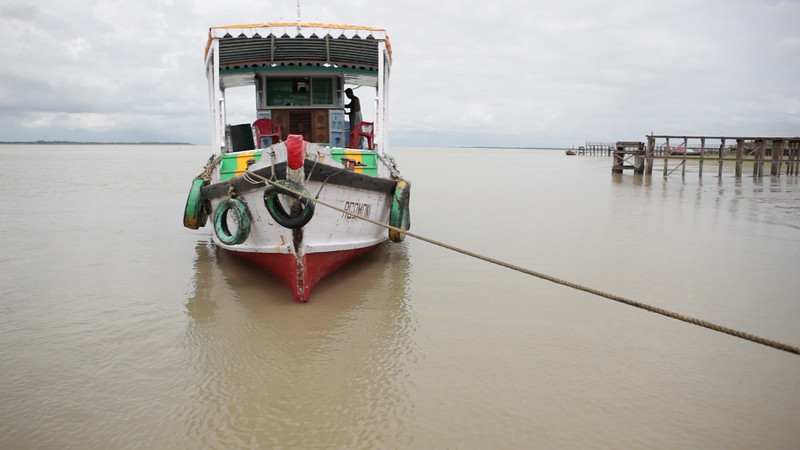


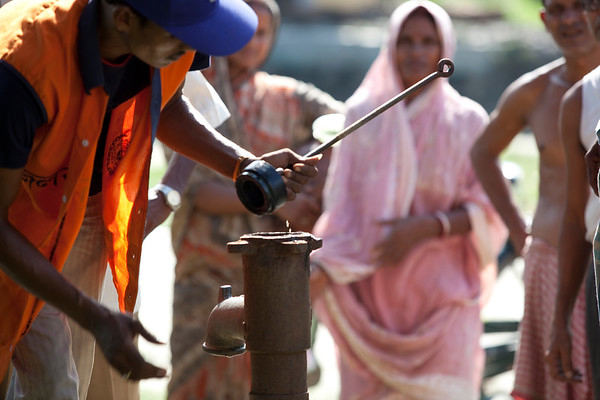
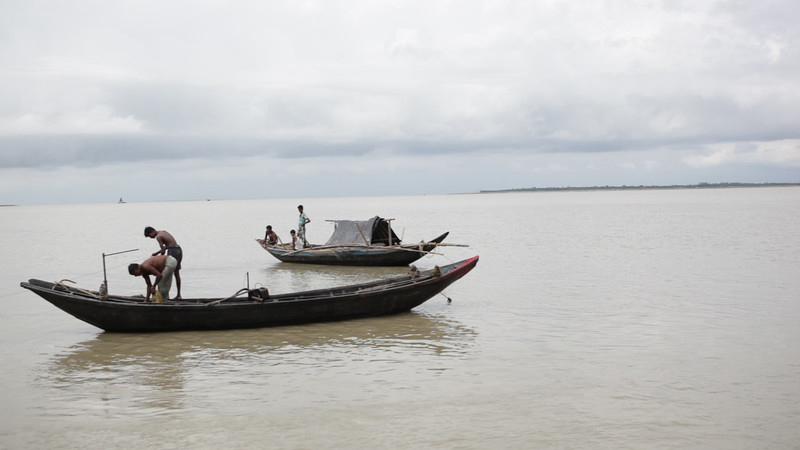
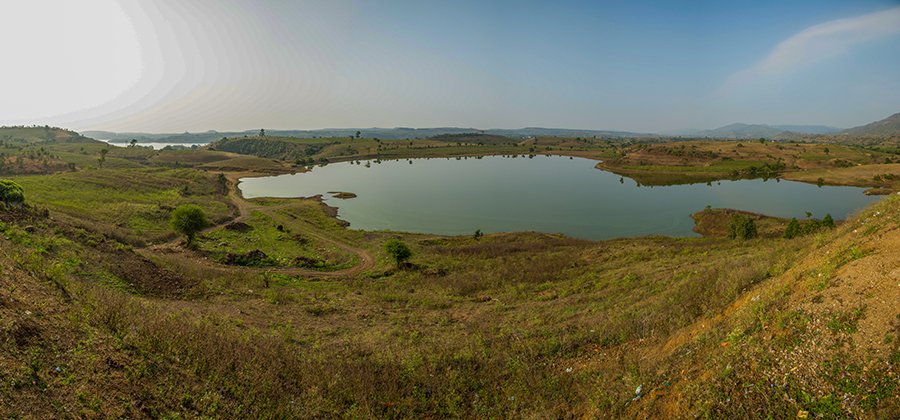
















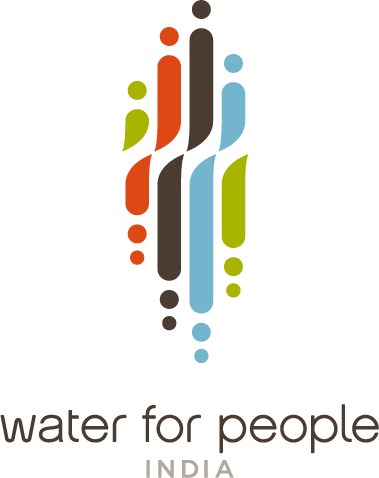


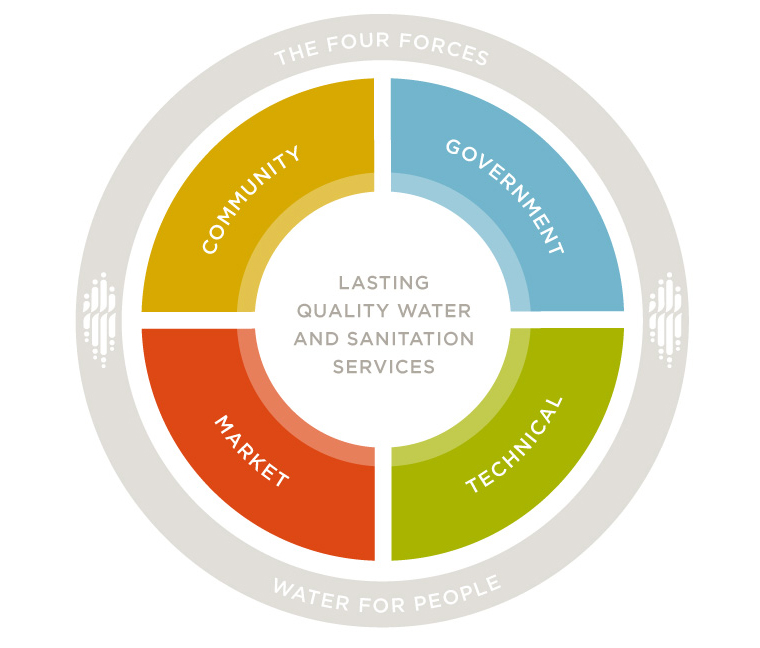
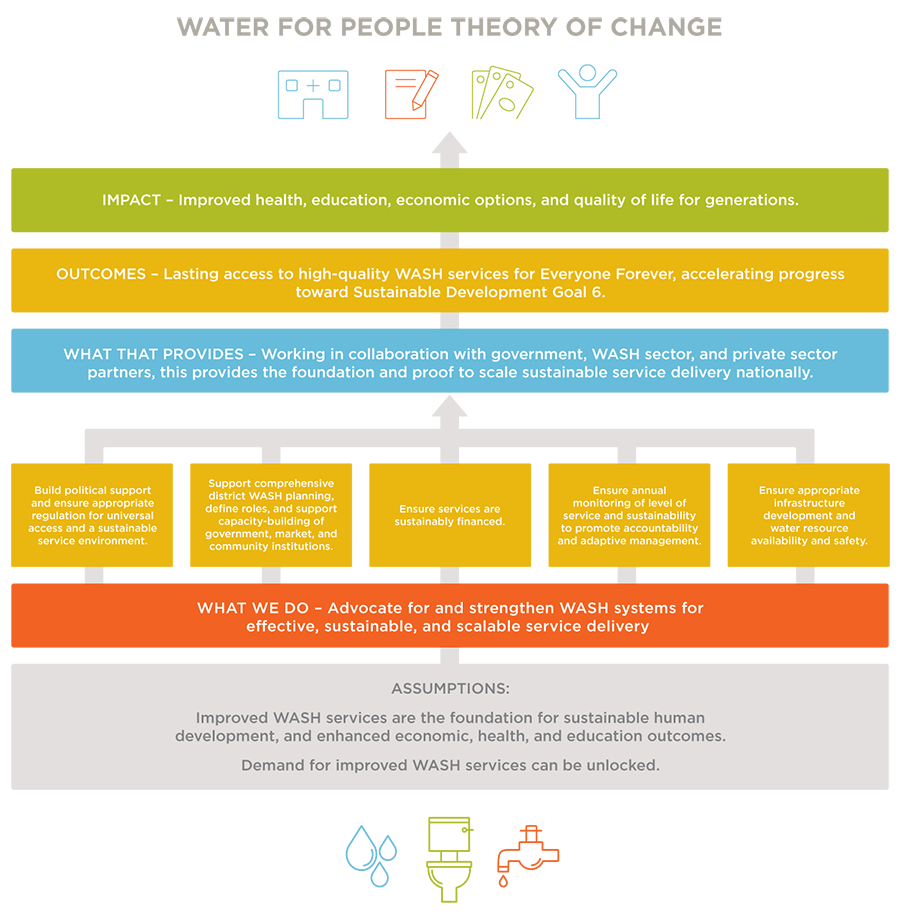
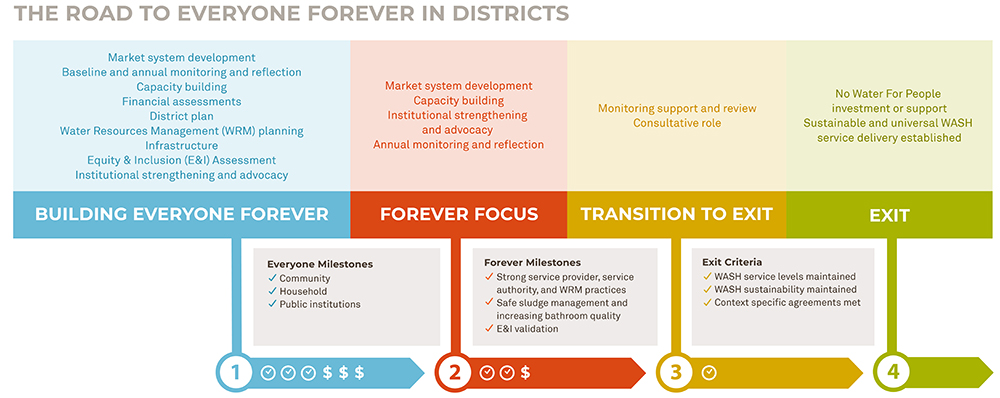
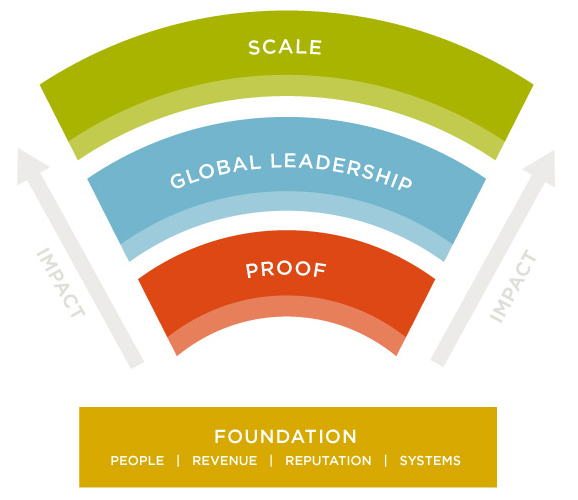
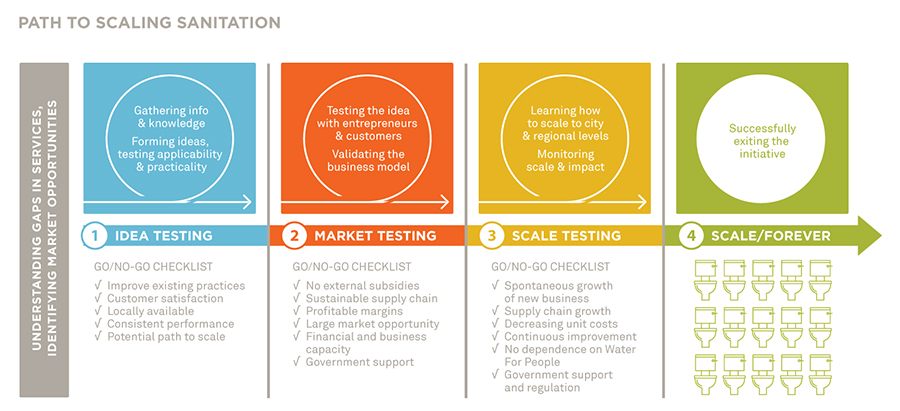
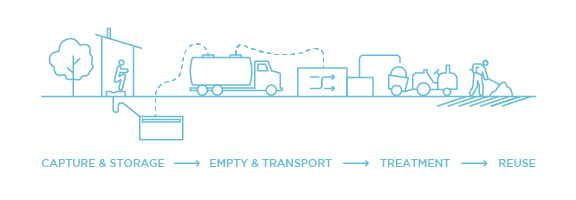
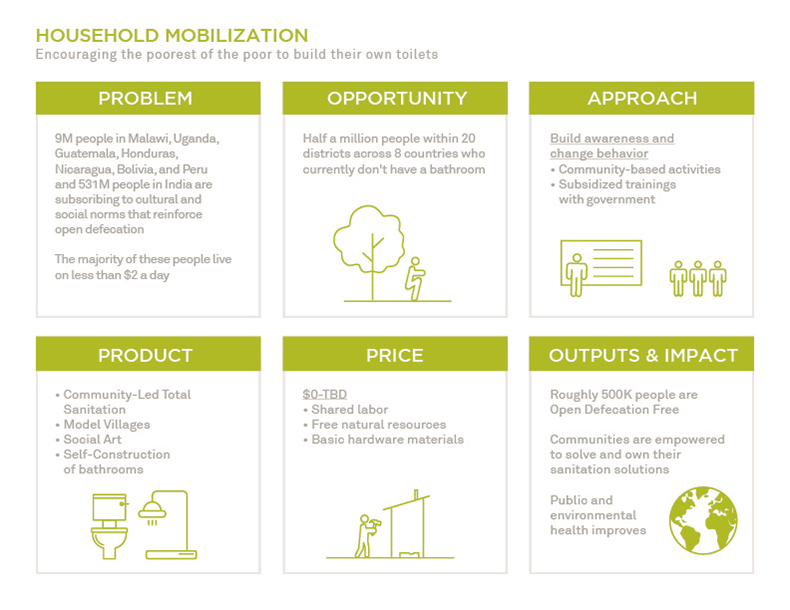
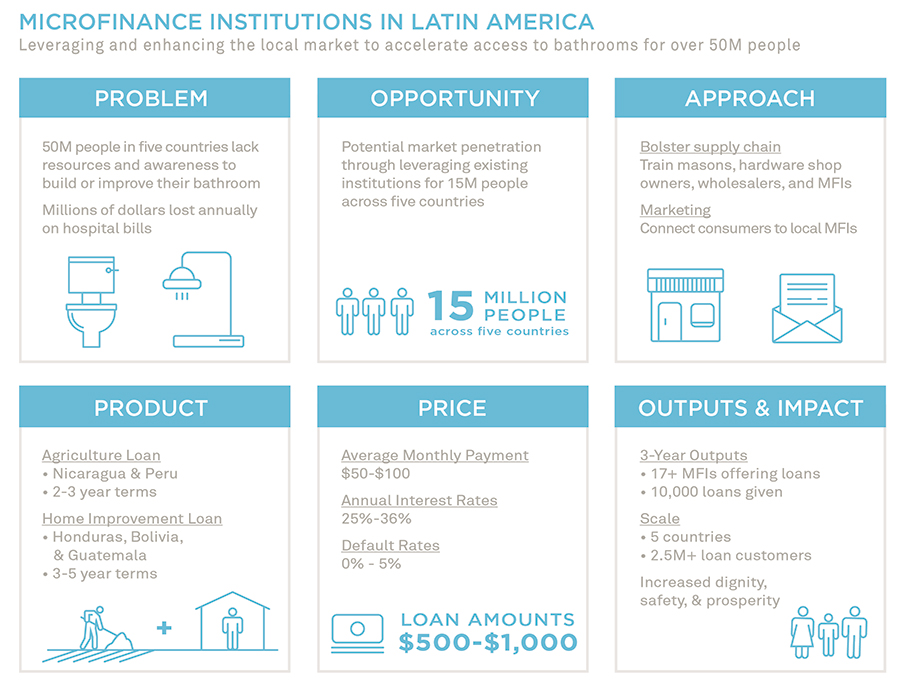
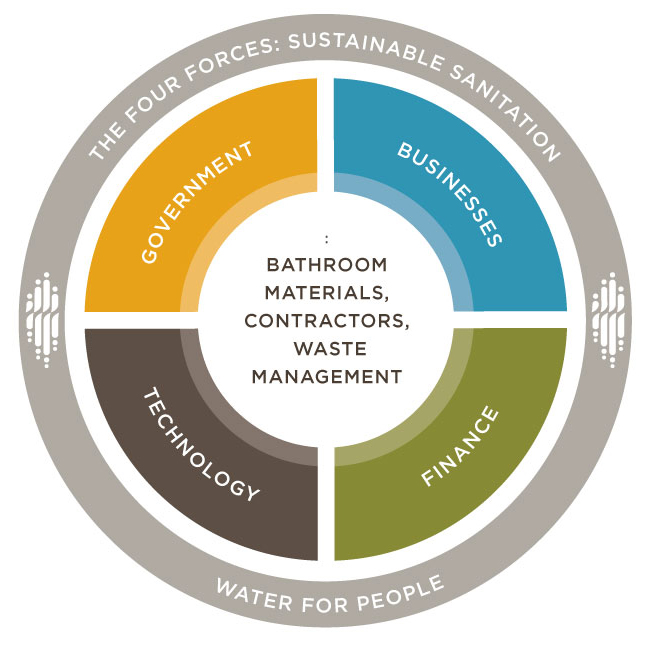
2 Comments